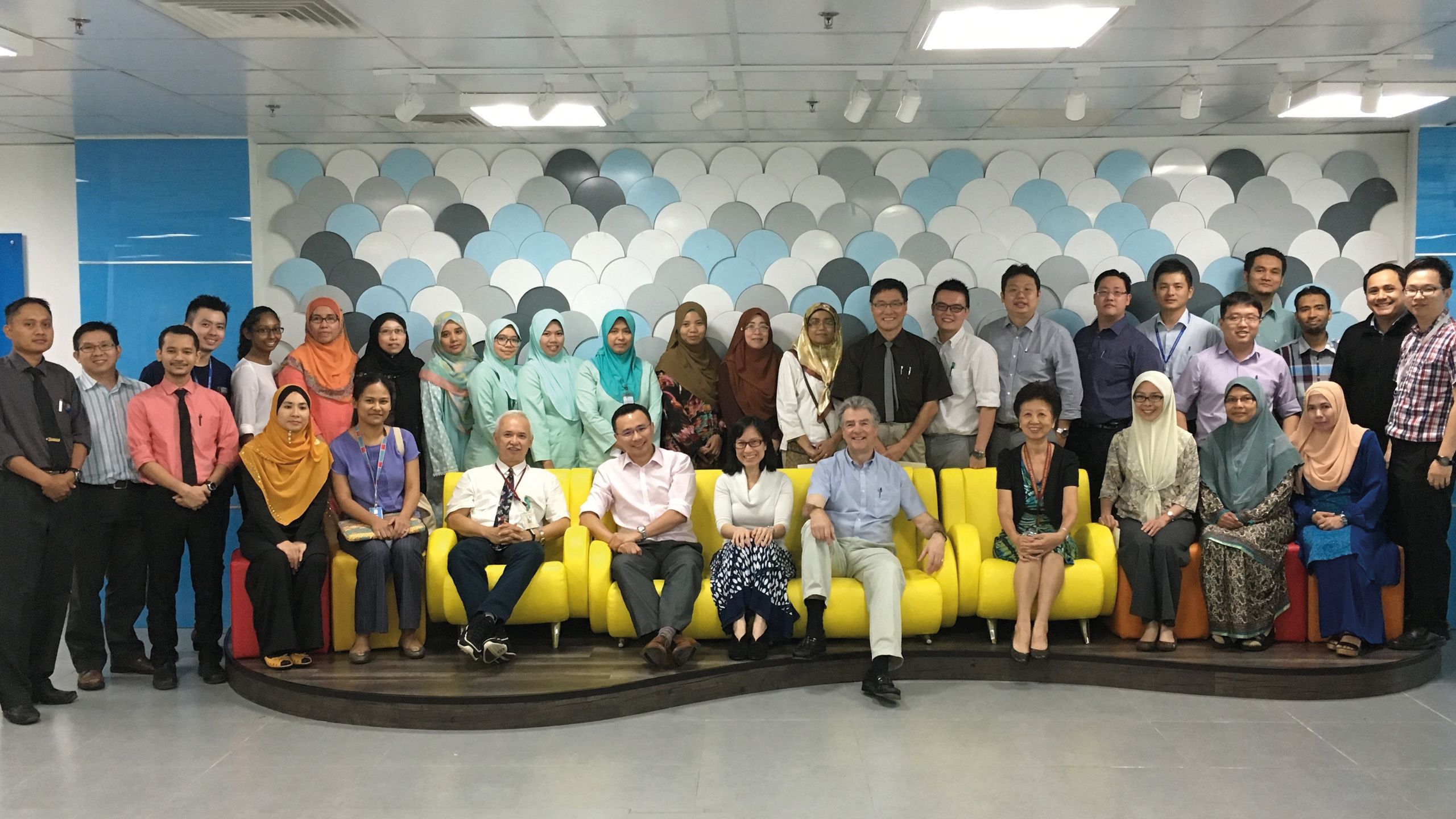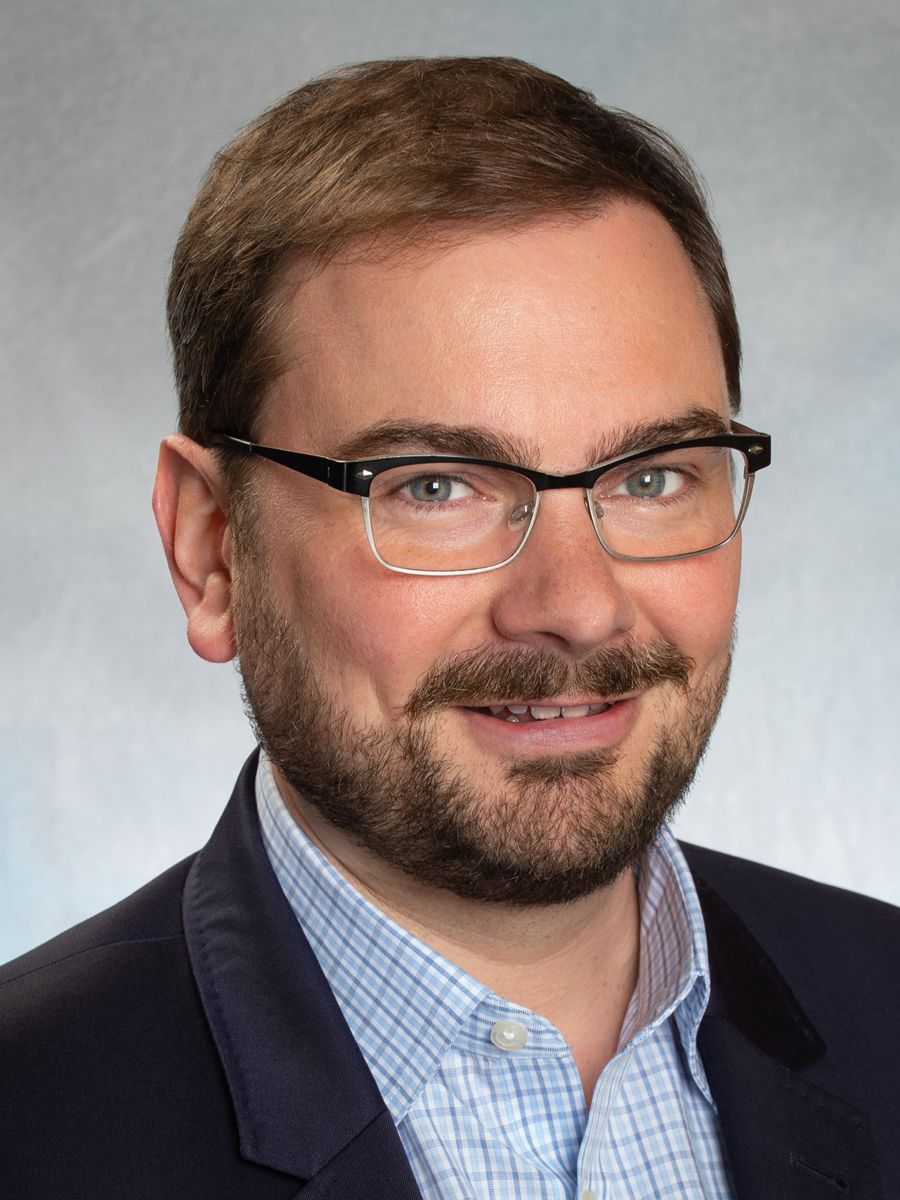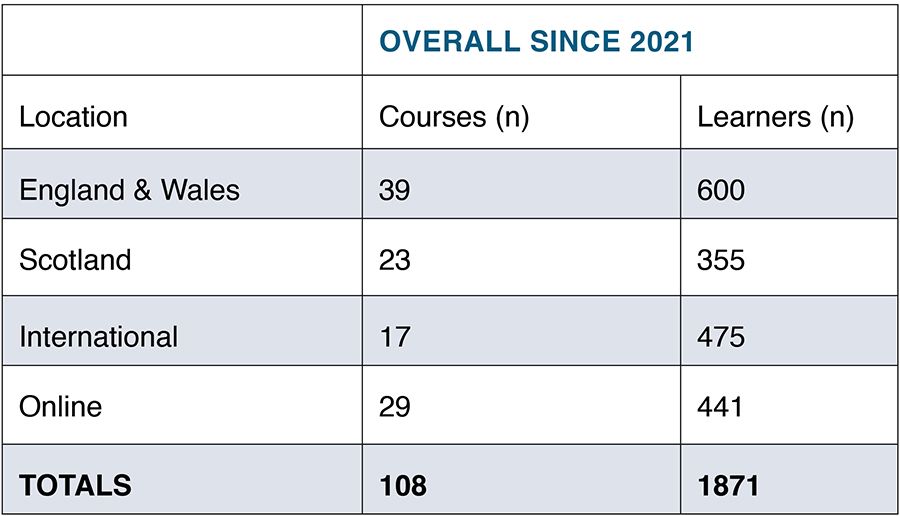Pioneers
of the Theatre


Professor Steven Yule: Director of Non-Technical Skills
Professor Steven Yule: Director of Non-Technical Skills
In the realm of surgical education the emphasis on technical skills has historically overshadowed the importance of non-technical skills. However, the realisation of their critical role in both the operating room and the wider hospital setting, as well as their impact on patient safety, has sparked a transformative shift over the past 20 years. This article delves into the historical development of non-technical skills for surgeons (NOTSS), highlighting the pioneering work of Professor Rhona Flin and the significant contributions of the NOTSS committee at the RCSEd.
Furthermore, it provides an in-depth preview of a forthcoming course set to launch in 2024, which closely follows the learning objectives of the new curriculum set by both the General Medical Council (GMC)and the Intercollegiate Surgical Curriculum Programme (ISCP)aiming to enhance non-technical skills training and improve surgical outcomes worldwide.
Flying start
The significance of non-technical skills in surgery emerged through the groundbreaking research conducted by Professor Rhona Flin. Her seminal work in high-risk industries, including anaesthesia in the late 1990s, has contributed to the understanding and implementation of non-technical skills training in surgical education.
The recognition of Professor Flin’s achievements will be celebrated through a Festschrift in November 2023, which brings together students and colleagues from throughout her career to honour her pioneering efforts and explore further advancements in this domain.
Parallel to this, the NOTSS committee was established as an international collaboration to develop capacity for assessing and teaching non-technical skills in surgery. The committee’s work has been instrumental in standardising non-technical skills training and integrating it into surgical curricula worldwide.
Impact on patient safety
The traditional emphasis on technical skills in surgical training has given way to a more comprehensive understanding of the importance of non-technical skills. Research has consistently demonstrated the impact of these skills on surgical outcomes and patient safety. For instance, studies have shown that effective communication and teamwork contribute to better patient outcomes and reduced surgical errors.
As a result, surgical organisations and regulatory bodies have recognised the significance of non-technical skills and incorporated them into their guidelines and accreditation processes. This paradigm shift reflects a collective effort to prioritise patient safety and enhance surgical performance through a holistic approach to training. The pioneering work of the RCSEd Patient Safety committee and Faculty of Surgical Trainers demonstrate commitment to making things better.
Training challenges
While the recognition of non-technical skills is growing, several challenges remain in effectively integrating them into surgical education. One challenge lies in identifying and measuring these skills, as they encompass complex cognitive and interpersonal behaviours. To address this, innovative assessment tools and simulation-based training programmes have been developed to evaluate and enhance non-technical skills among surgeons.
Furthermore, incorporating non-technical skills into an already rigorous surgical curriculum poses logistical challenges, such as limited time and resources.
Despite these challenges, institutions and organisations have taken proactive steps to address the gaps in non-technical skills training through dedicated courses and training programmes, almost all run or supported by the RCSEd and the wider NOTSS Faculty, which has been developed over the last decade. Despite the impact of the global pandemic on surgical training and education, the number of NOTSS courses has substantially increased since 2020, with an estimated participation of surgeons and surgical trainees worldwide.

NOTSS Courses data
NOTSS Courses data
A new course for 2024
To bridge the existing gaps in non-technical skills training, a new NOTSS course is set to launch in 2024. This aims to provide a comprehensive framework for integrating non-technical skills into surgical education, fostering their development alongside technical expertise. Its primary objectives include enhancing communication, promoting effective teamwork, improving decision-making abilities and nurturing situational awareness among surgeons.
The new course will be structured according to the NOTSS taxonomy, with sessions targeting specific non-technical skills. Several novel topics will be introduced to reflect the changing landscape of surgical education, including managing cognitive load, and how to deal with bullying and harassment. The course will incorporate interactive learning methods, case-based discussions and simulated video exercises to reinforce learning outcomes. It will also reflect learning objectives set within the wider surgical curriculum as required by the ISCP and the GMC.
"To bridge the existing gaps in non-technical skills training, a new NOTSS course is set to launch in 2024"
Faculty Day
A pivotal event to preview the forthcoming course and updated teaching methods will be the NOTSS Faculty Day scheduled for 10 November 2023. This will bring together the NOTSS Faculty and trainers, along with surgical educators, clinicians and researchers, to engage in interactive workshops, presentations and discussions on non-technical skills training.
Professor Rhona Flin will be the guest of honour at the event, sharing her insights and experiences. The active participation and valuable feedback of Faculty members during this event will contribute to refining the course and ensuring its practical applicability in real-life surgical settings in preparation for teaching commencing in January 2024.
International reach
RCSEd NOTSS Masterclasses have now been delivered in 21 countries on four continents, with a further five countries and one continent coming on board in the coming year or so. It is a challenge and a responsibility to deliver and train Faculty grounded in behavioural science sensitive to the cultural context, so international partnership groups are being developed.
The recognition of non-technical skills as integral components of surgical practice signifies a significant transformation in surgical education. The revised NOTSS course holds immense potential for addressing the existing gaps in non-technical skills training and elevating patient outcomes, aligned to the GMC New Curriculum.
Making NOTSS a priority
The invaluable contributions of Professor Rhona Flin, Mr Simon-Paterson Brown, Professor George Youngson, the wider NOTSS committee, and the numerous UK and international courses dedicated to non-technical skills development have paved the way for a more comprehensive and holistic approach to surgical education.
As the field continues to evolve, it is crucial for surgical educators, trainees and clinicians to embrace and prioritise the development of non-technical skills, ensuring the delivery of safe, effective and patient-centred surgical care.
A team effort
Our thanks to members of the RCSEd NOTSS Committee
Rosie Darwood, Leeds
James Tomlinson, Sheffield
Andy Garnham, Wolverhampton
Alastair Murray, Lanarkshire
CL Yeap, Malaysia
Ken Walker, Inverness
Andy Miller, New Zealand
Gillian Hardman, Manchester
Jeremy Ward, Preston
Francesca Stedman, Southampton
Shireen McKenzie, Leeds
Craig McIlhenny, Forth Valley
Simon Paterson-Brown, Edinburgh
Steven Yule, Edinburgh
|
References Find a full list of references for this article by clicking here |
